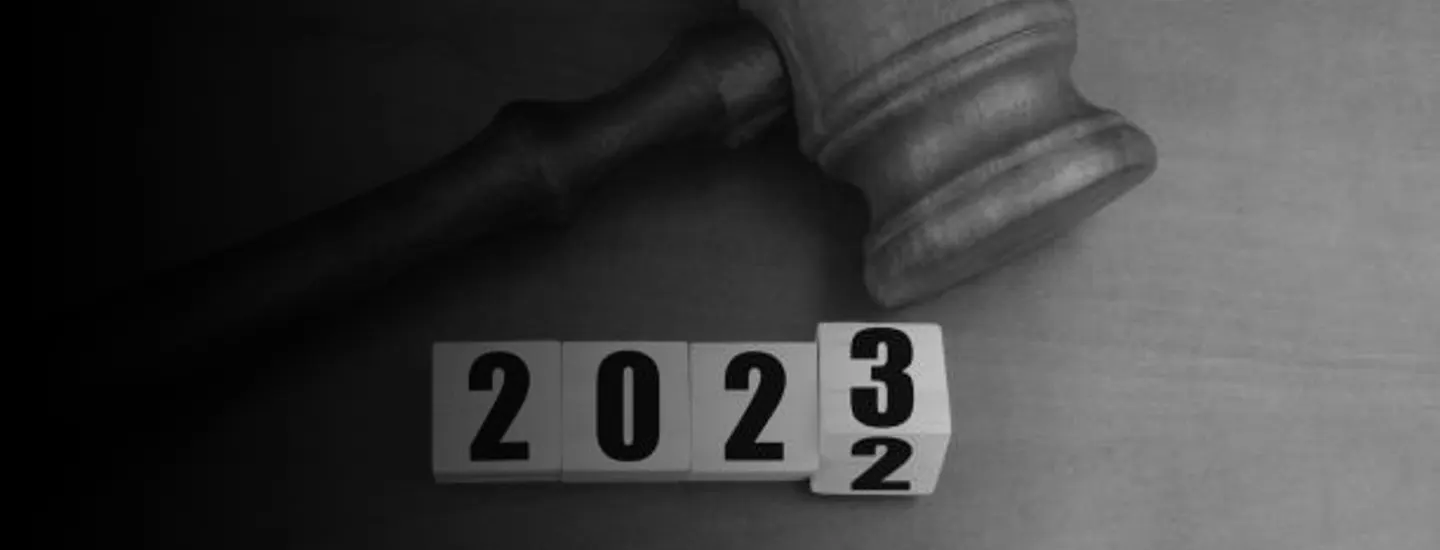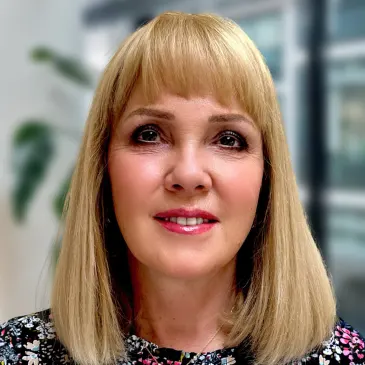People
As the year draws to a close, I was delighted to attend the AlixPartners-sponsored GAR Live: Women in Arbitration 2022 conference last week, attended by a wonderfully diverse group of women including lawyers, funders, expert witnesses, and general counsel.
In a packed agenda, replete with lively discussion throughout, we debated and analysed the latest developments in arbitration, and I left with a number of key takeaways from the day:
- An overwhelming “red thread” of women supporting women: It was incredible to see a cross-section of delegates from the arbitration community all learning from each other – from the most senior and highly experienced to those in the early stages of their career. We discussed the paths to success and younger practitioners were wisely advised to build their support networks and increase their visibility in their roles. A session on “everyday sexism” also proved to be a topic that everyone could relate to, irrespective of career stage. On this note, it was interesting to hear that the majority of our audience felt more able to call out poor behaviour on behalf of another female compared to speaking up for themselves when they were the victim of sexism, further reinforcing the need for us to support one another.
- The dilemmas derived from politics and ESG: Arbitration and politics made for a lively discussion, with mixed views offered by the audience about whether tides of evolving culture and politics should influence a lawyer’s decision to take on legal representation. However, as one delegate pointed out, what happens if the only people who will act for rogues are rogues themselves?
ESG, too, is a landscape still to find its true form. In listening to a panel session centred on the energy transition, it became clear to me that a wide spectrum of disputes will likely arise, unfortunately hampered by the fact that so many ESG clauses are either new, just taking root, or indeed yet to have their true meaning debated. There was also deep concern among the panel about the unintended or undiscovered consequences of some ESG aims, and that we must be careful not to celebrate ESG success in achieving environmental goals when they could come at the expense of the social agenda. - A need for speed – and change: Speed of resolution was also highlighted as an issue needing attention, perhaps catalysed by greater levels of innovation in dispute resolution processes. It was suggested that this could be an area that women may be well equipped to take forward due to the collaborative dynamic that they often bring to this approach.
I believe women can and will make a greater impact in arbitration as representation levels increase. It was inspiring to hear how the Equal Representation in Arbitration (@ERA) Pledge has changed the landscape - for female arbitrators in the six years since its launch, formally putting gender equality on the agenda for the international arbitration community for perhaps the first time. As co-founder of the Equal Representation for Expert Witnesses (ERE) Pledge, launched in May this year, I hope that in five years’ time we will be able to say the same about the positive change we have driven for female experts.
- The bigger picture in arbitration: While many issues remain to be resolved in the world that we work in every day, I was acutely reminded of the powerful impact we can have on those who are treated unjustly. During the day, we heard from two lawyers about the challenges they face in Ukraine, including details of the UN resolution to create a Claims Commission with a mechanism to enable reparation of citizens, businesses, and government. A standing ovation from the audience for the Ukrainian lawyers who contributed was an emotional show of female support that brought tears to a few eyes, and reinforced the reason why we will strive for continuous improvement and ever higher standards for those that the arbitration community serves.

